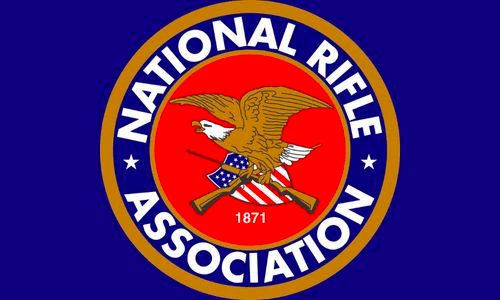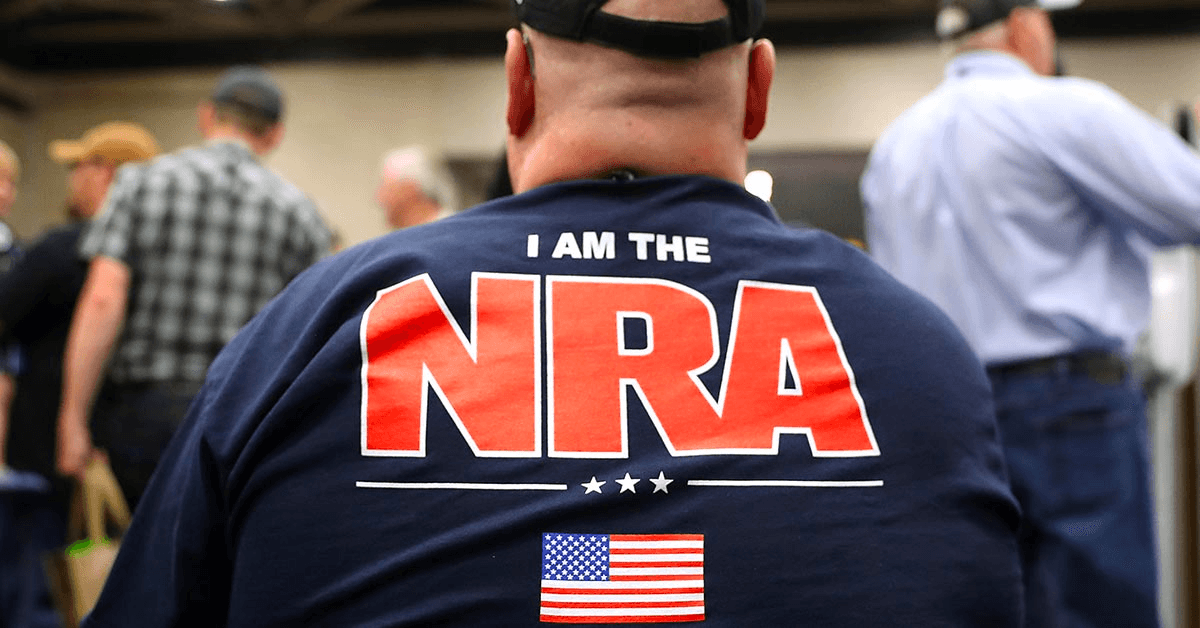National Rifle Association
The National Rifle Association (NRA) is one of the most well-known lobbying groups in politics, contributing millions each year to influence gun policy.
The National Rifle Association (NRA) is one of the most well-known lobbying groups in politics. Its influence on gun legislation in D.C. and state legislatures across the nation is perhaps unparalleled. So how did the NRA grow to become one of the most influential organizations in the country? Two Civil War veterans formed the NRA in 1871, but the group did not enter the political world until 1934 when it started mailing members about upcoming gun legislation. The NRA supported two significant pieces of gun control, the National Firearms Act of 1934 and the Gun Control Act of 1968. However, it did not get significantly involved in political lobbying until the 1970s. In 1975, the organization formed an official lobbying arm, followed by a Political Action Committee (PAC) in 1977. Since then, the group has opposed nearly every piece of meaningful gun control legislation.
Officially, the NRA contributes millions each year to influence gun policy, but it spends much more on independent efforts outside candidates’ campaigns. Its monetary influence aside, the organization has a large politically active membership and grades members of Congress based on their position on gun policy, which can significantly influence its base’s votes. As of late, however, the NRA seems to be losing some of its lobbying power. Its spending has plummeted as estimates show gun control advocates may have outspent it for the first time in 2018. Additionally, it faces legal challenges as in 2020, the New York state attorney general filed a lawsuit to dissolve the NRA, alleging its executives had misused funds. Though the NRA tried to declare bankruptcy and reincorporate in Texas, in May 2021, a judge dismissed that case, forcing them to face the New York lawsuit. However, in December 2021, a New York judge pressed the state prosecutors, questioning whether alleged financial misconduct justified New York Attorney General Letitia James’ attempt to dissolve the NRA.

